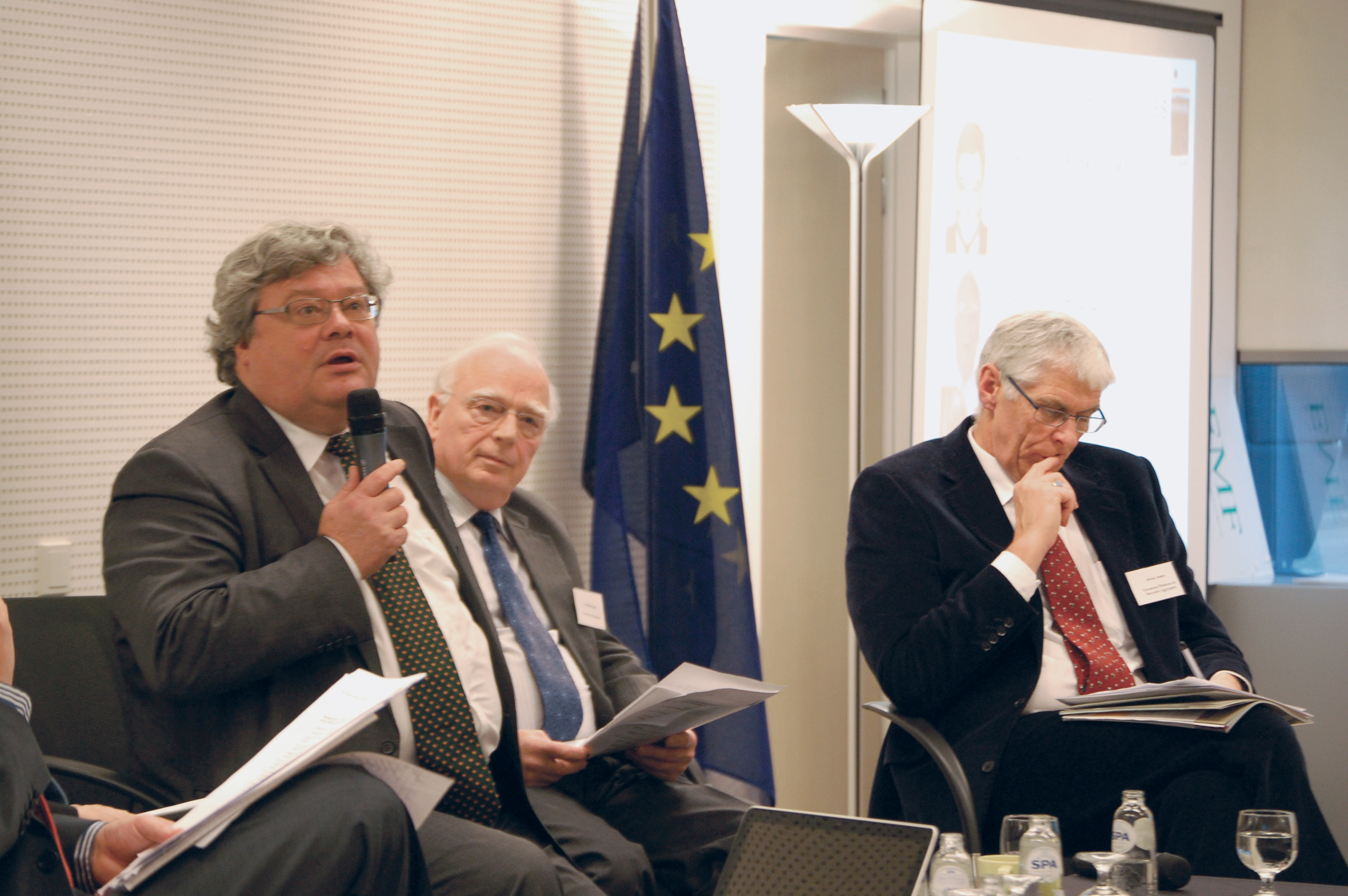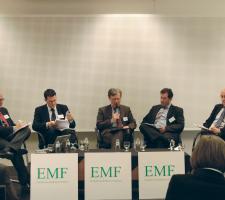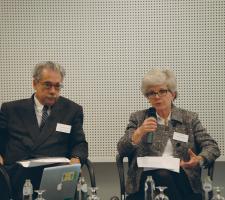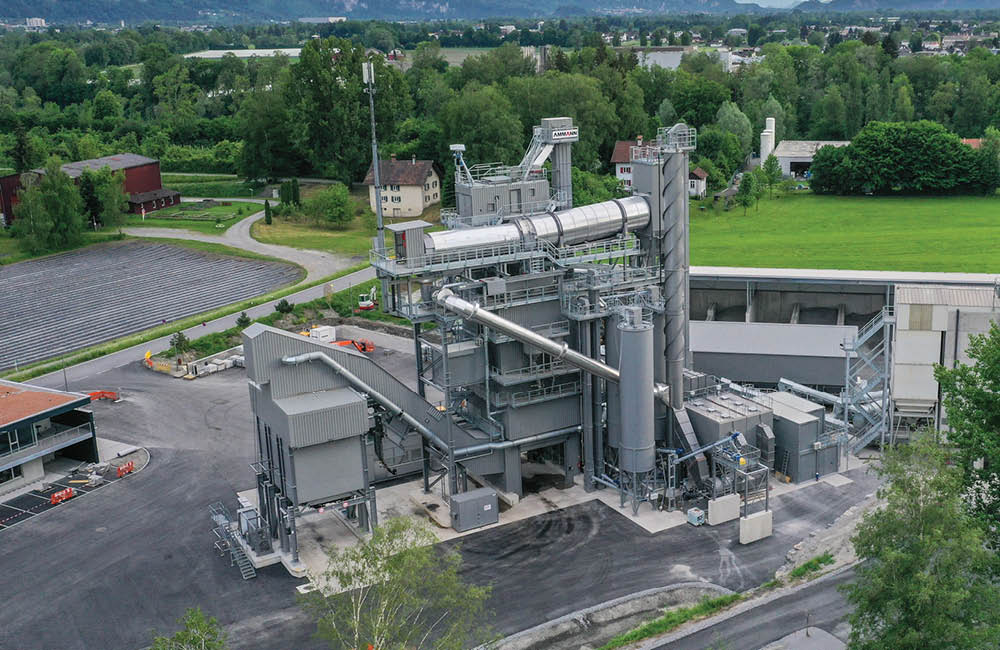
The European Minerals Association (
Late last year, the 12th European Minerals Forum took place in the North-Rhine Westphalian Representation, Brussels. The high-level event, organised by the
At the event on 30 November, the central theme was Resource Efficiency, the major topic of 2011 for the
Resource Efficiency has deep ramifications, with a number of key issues for the non-energy extractive industry, including access to local resources, recycling/reuse/recovery, water and biodiversity.
Abraão de Carvalho, from the
These keynote addresses led to round-tables, which allowed lively debates, moderated by the journalist Paul Ames, on a number of issues including Best Practices in Minerals Planning and Permitting Procedures - What is the Final Goal?
Pekka Suomela, from the Finnish
Resource Efficiency and Raw Materials – Turning Challenges into Opportunities?
Member of the
Professor Tom Harrison, from the Dundee University, Scotland, presented his ongoing project to develop an indicator which would enable the measurement of resource efficiency with a simple, pragmatic yet fair view.
Brian James, Chair of the
This was complemented by Thierry Salmona, President of the
Reconciling Extraction and Biodiversity: Aspiration or Reality?
Pia Bucella (DG Environment) and Hans Friederich, Director for Europe of the
Jim Rushworth, vice president Environment and Public Affairs Quarries for the Aggregates & Concrete sections of
Stakeholders expressed their concerns over the misperception from local authorities that there should be no extraction within Natura 2000 areas.
Pia Bucella indeed re-affirmed that the European legislation did not forbid extraction. This very fruitful exchange between a well acknowledged nature conservation organisation, Director for Nature, Biodiversity & Land Use at the European Commission, and the Industry, led to the proposal to organise a workshop on Natura 2000, with the objective to bring together the local competent authorities and the industry and to present the EC Guidance on Non-Energy Extractive Industry and Natura 2000.










